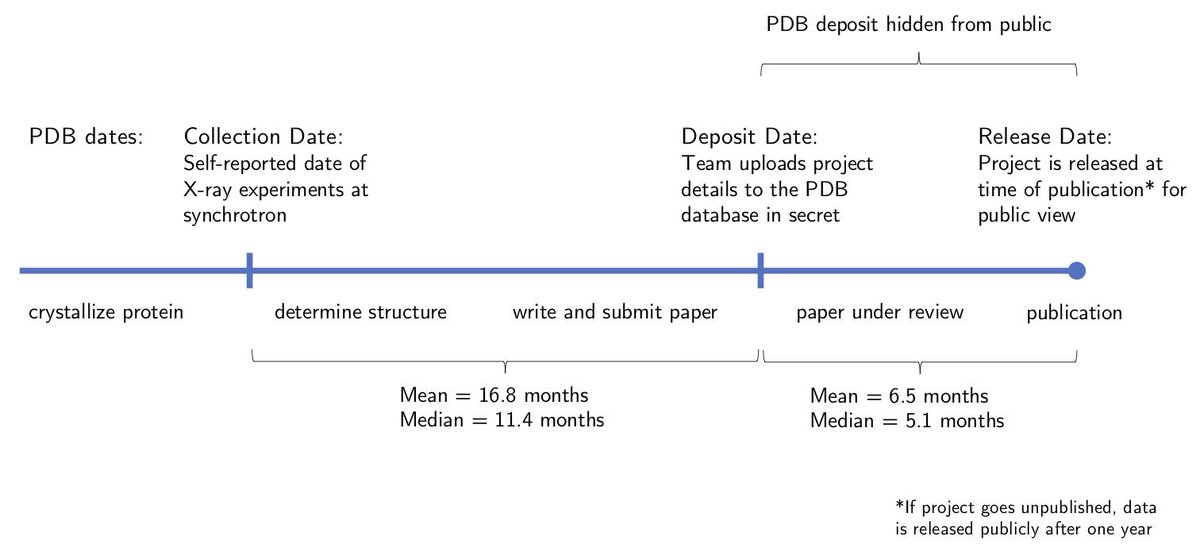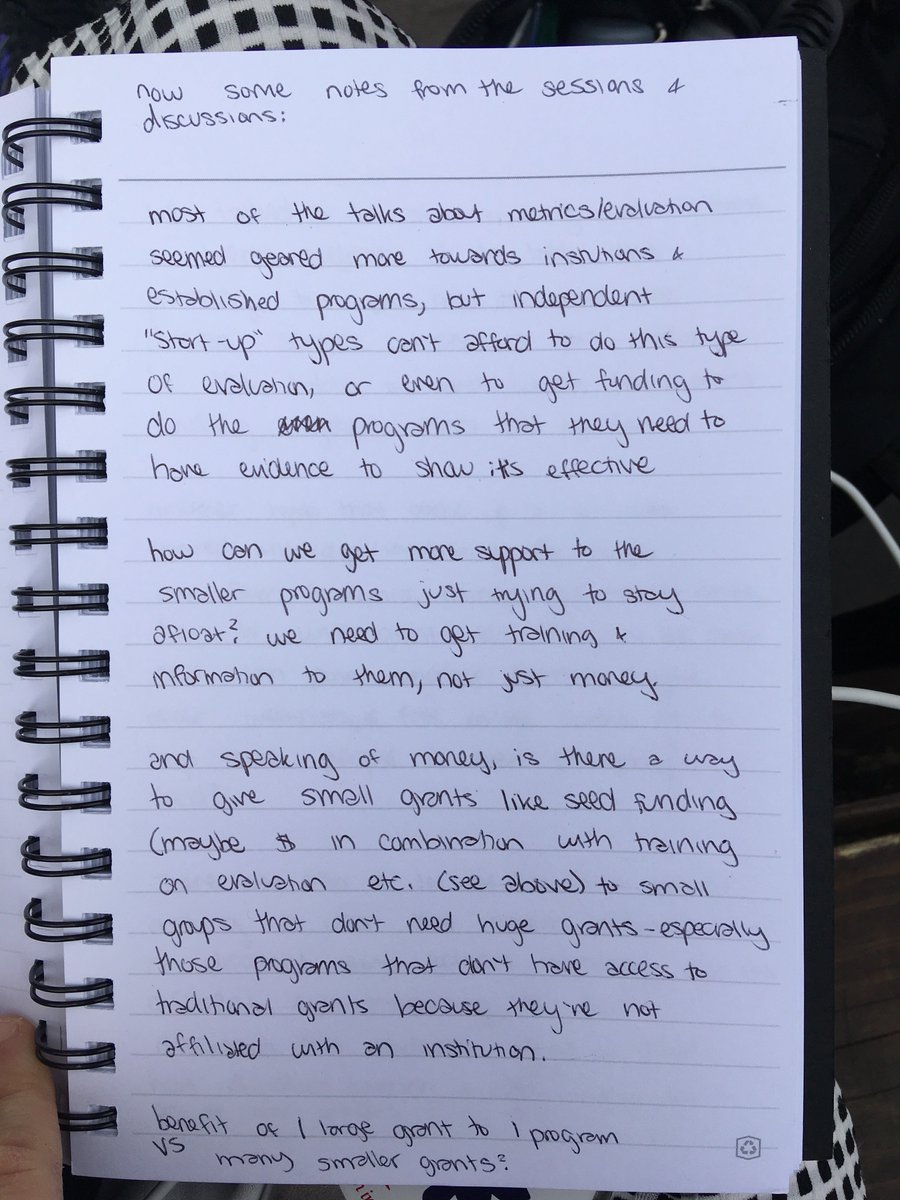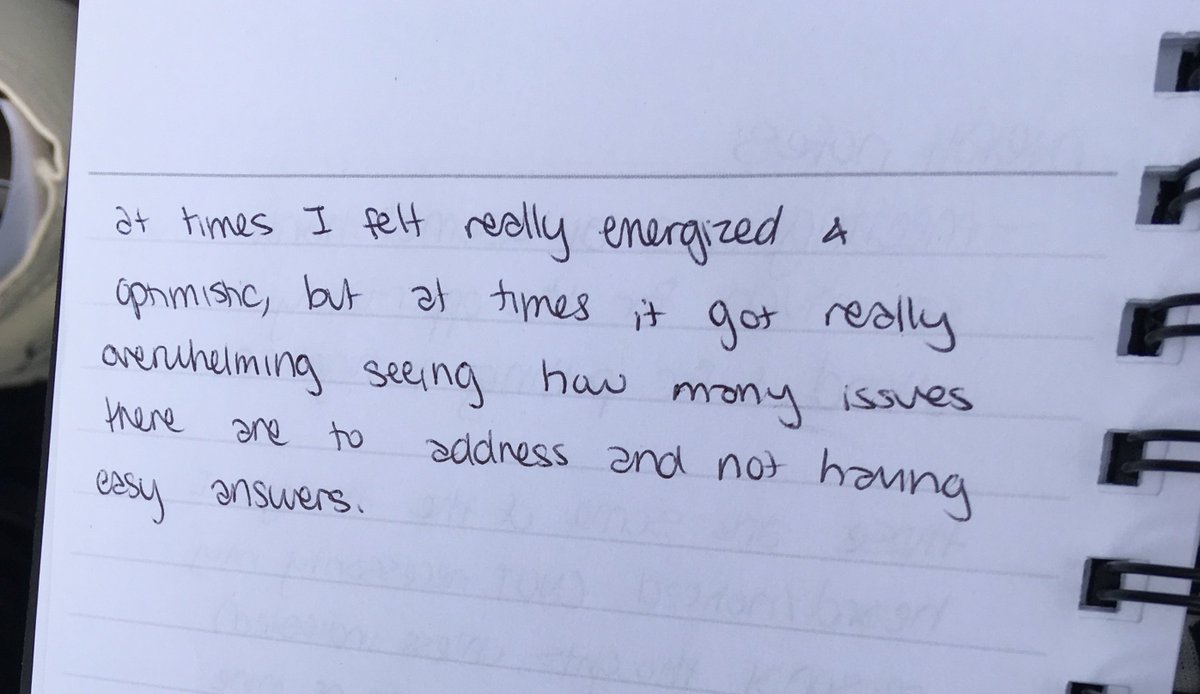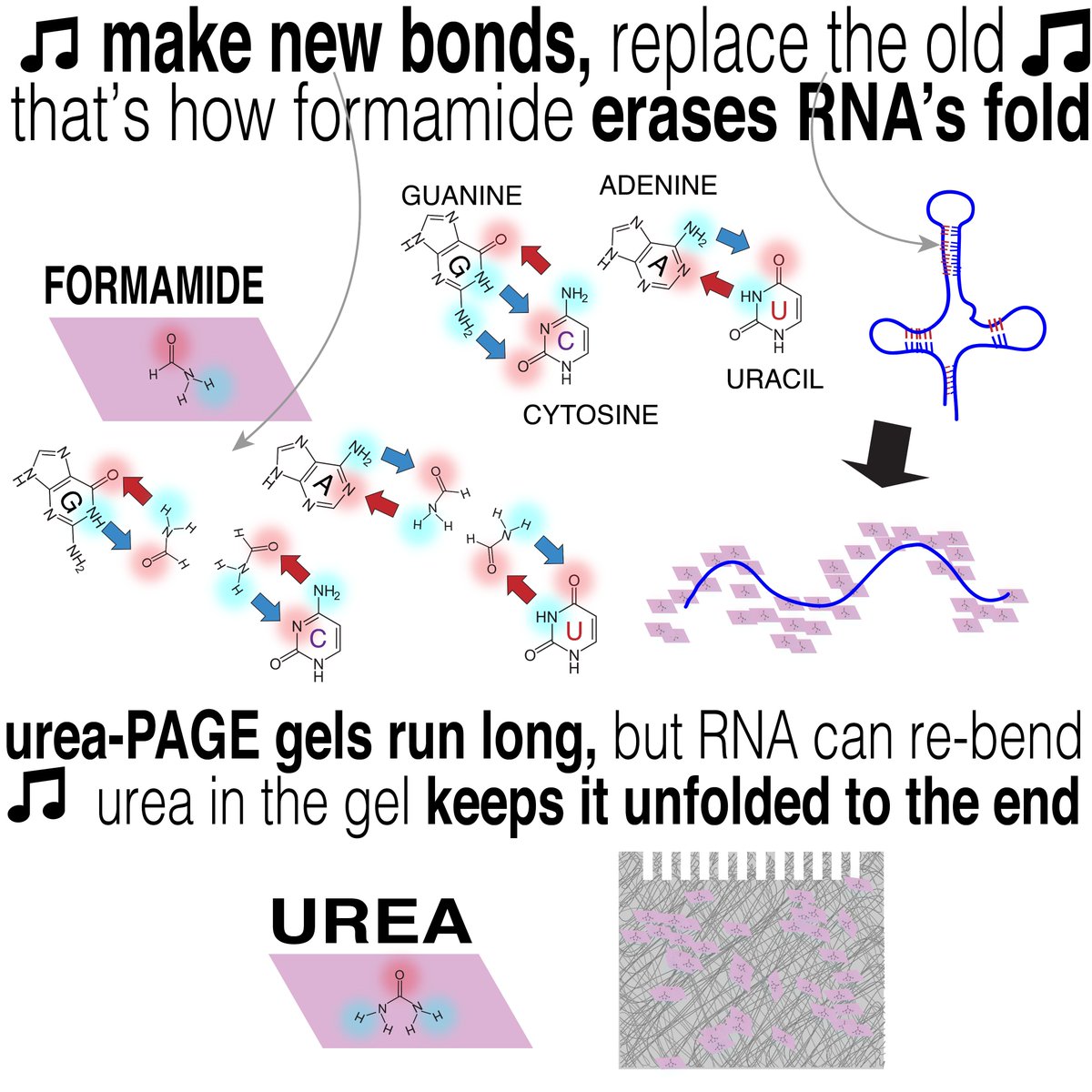Have you ever been scooped?
Do you worry about getting scooped?
My job market paper estimates the consequences of getting scooped in science using cool data from structural biology.
Let’s do a thread!
Scooped! Estimating Rewards for Priority in Science
It’s co-authored with my awesome classmate @carolyn_sms , who is a fantastic collaborator. Look for her on the econ market next year!
Paper link: economics.mit.edu/files/18001
What is the effect of getting scooped?
In a close race, how much more credit do we give the “priority” (ie first) publication in terms of journal placement, citations, etc.?
The key data problem is selective abandonment. If I get scooped, I may decide to drop the project altogether, or change the paper such that it no longer resembles the original paper.
1) Link identical projects by different teams using the amino acid sequence that defines the proteins
2) Find cases where the two teams independently deposited around the same time
3) Compare outcomes of winning and scooped projects
Bummer! But are these effects “big” or “small”?
(Data from @altmetric )
Here’s the good news: The evidence we present suggests that scooped projects are still very likely to get published and cited. Also, getting scooped is not a death knell for a fledgling career. Yay!
Our next paper considers the efficiency and welfare of scientific racing. We look at objective quality metrics in the PDB and present evidence that racing is associated with lower quality science. Tradeoffs will be discussed!
Website link: economics.mit.edu/grad/ryanhill
















